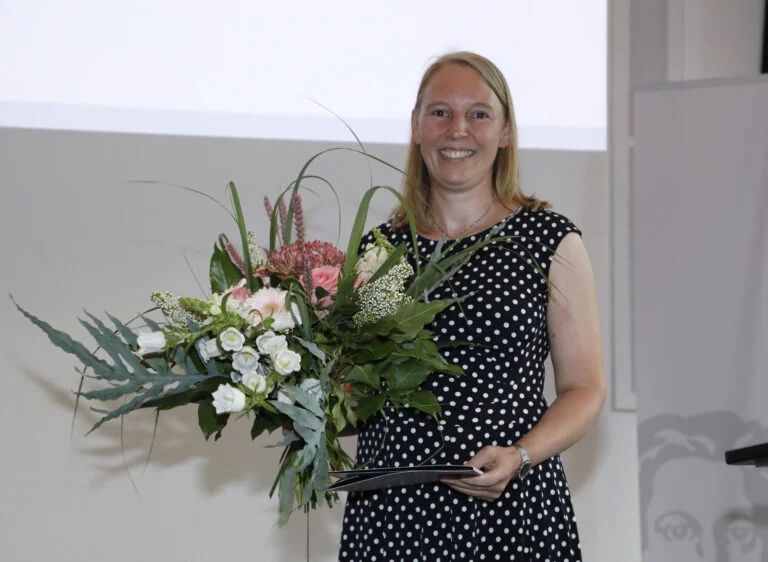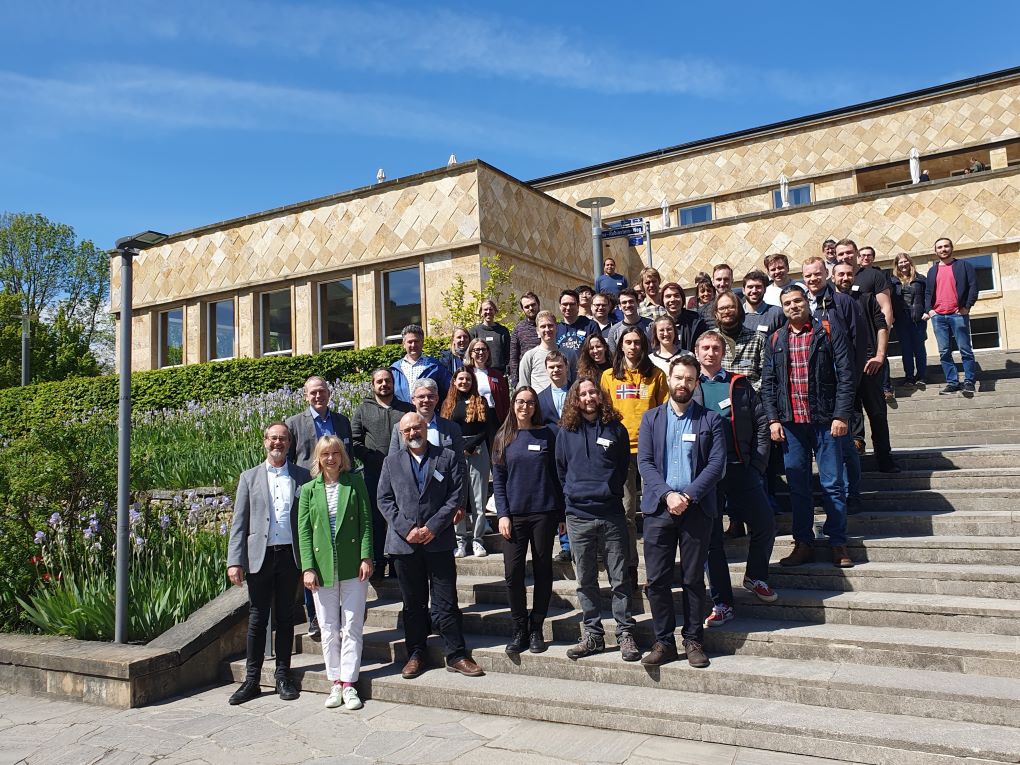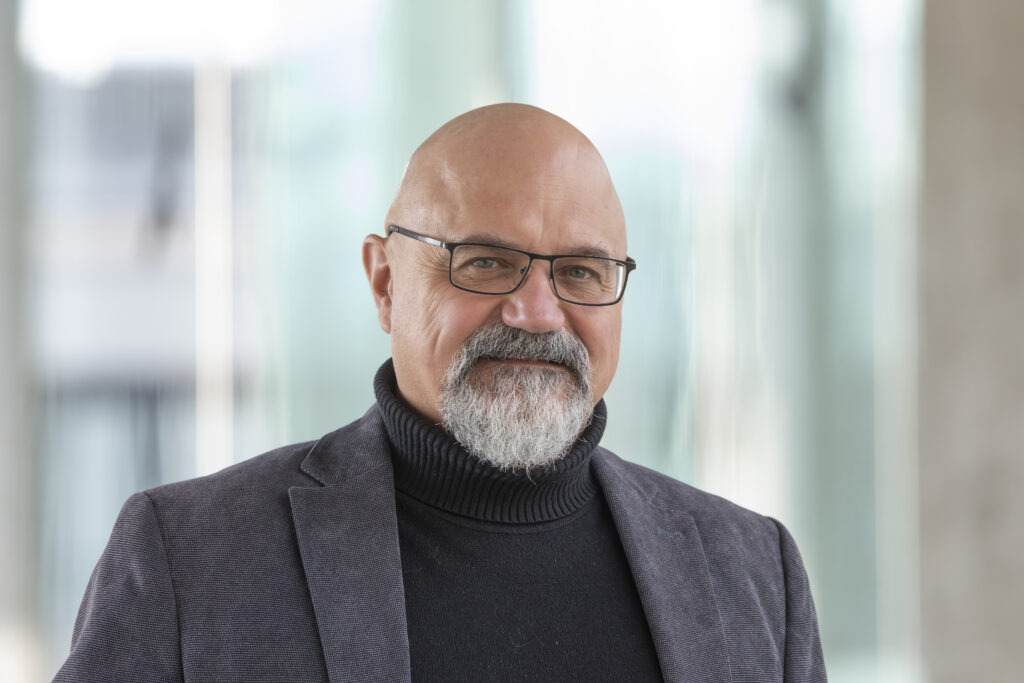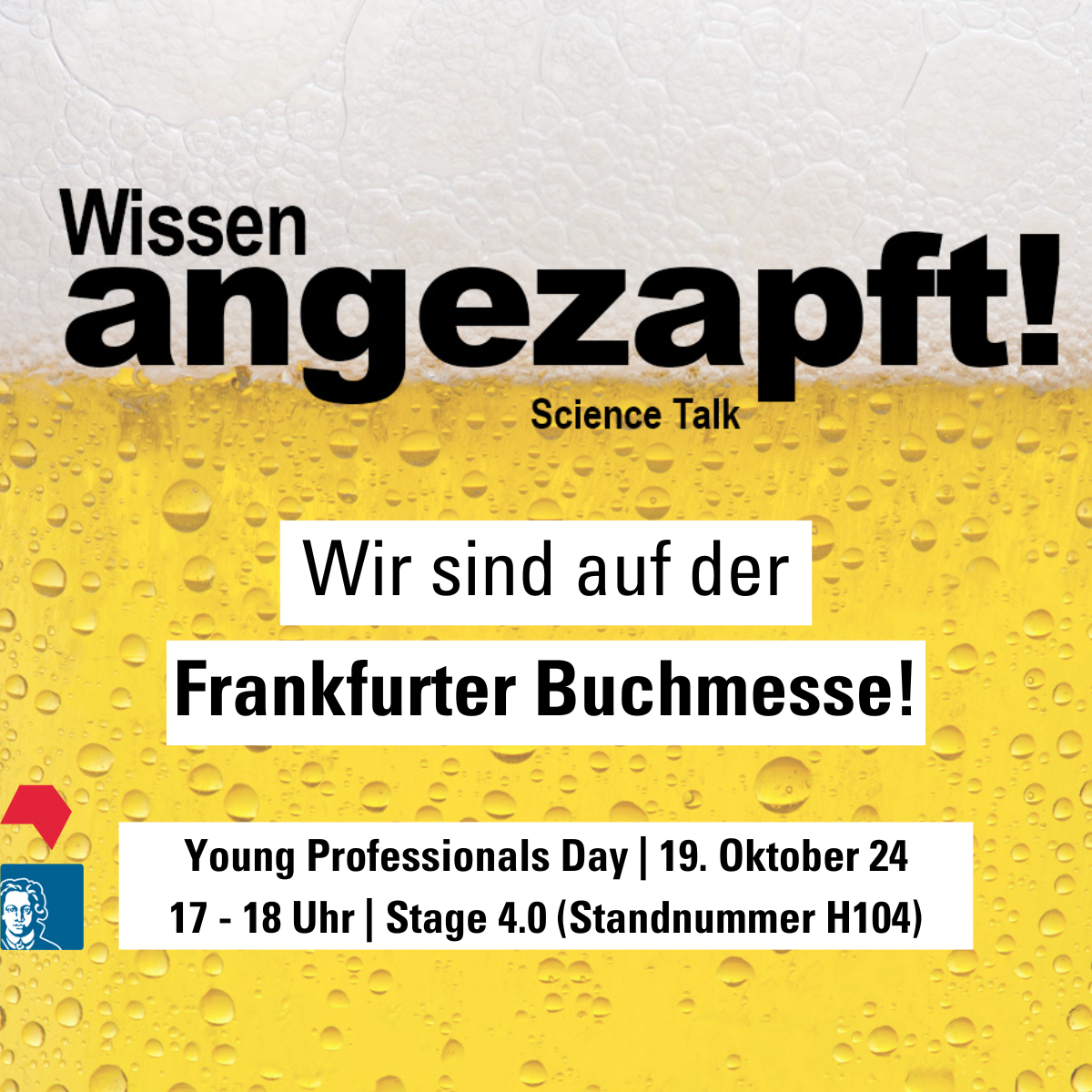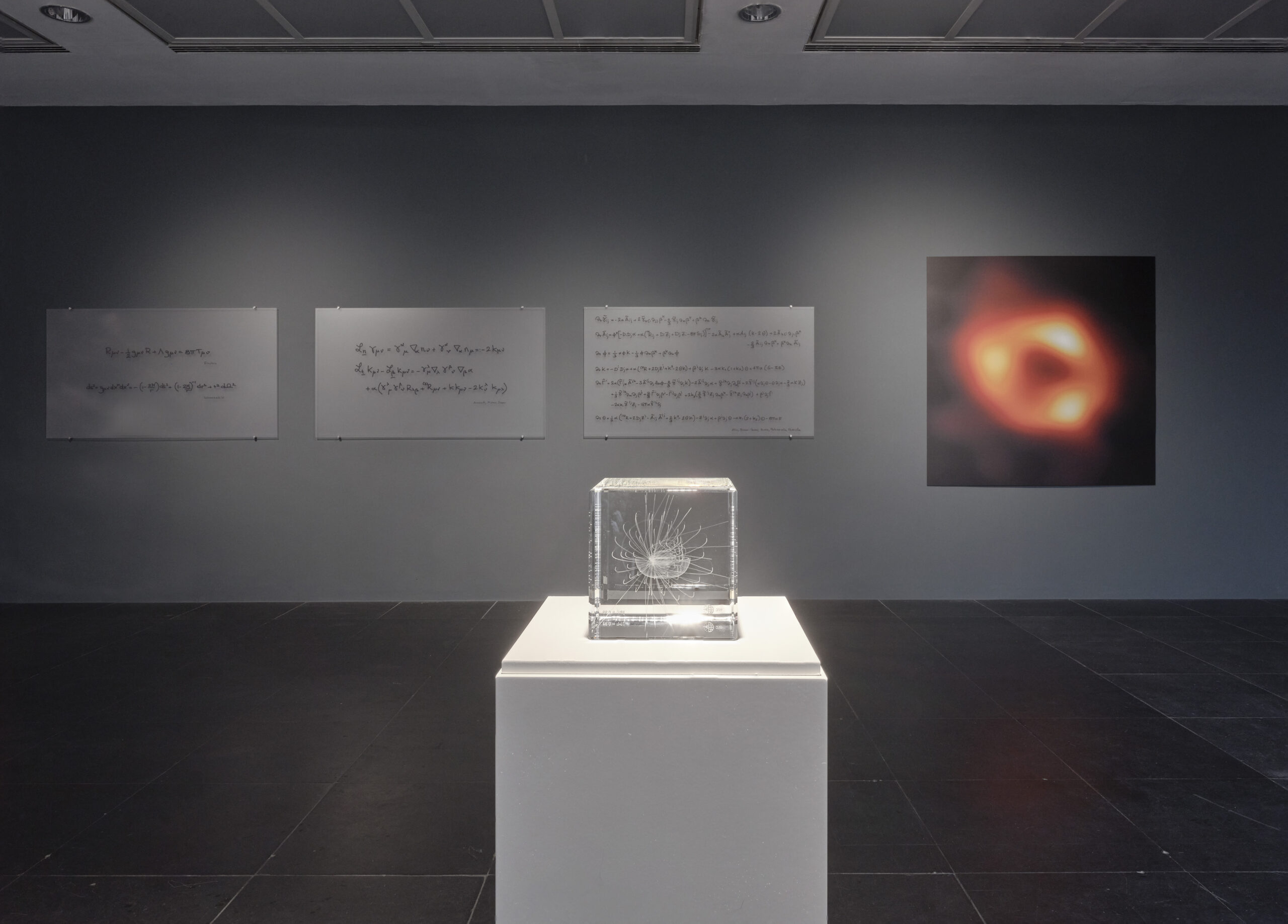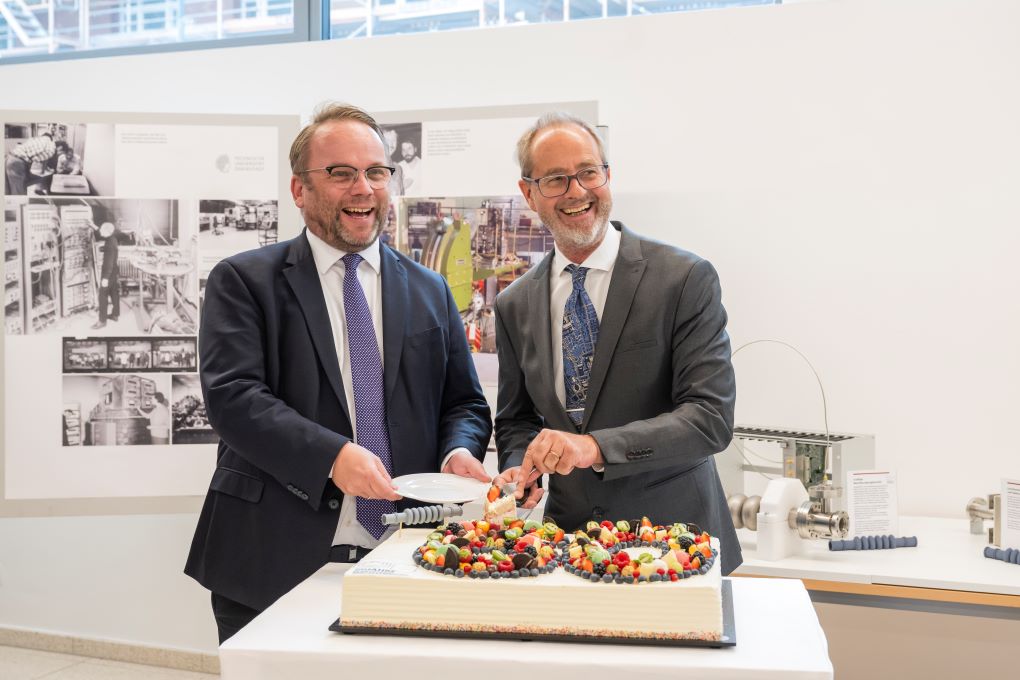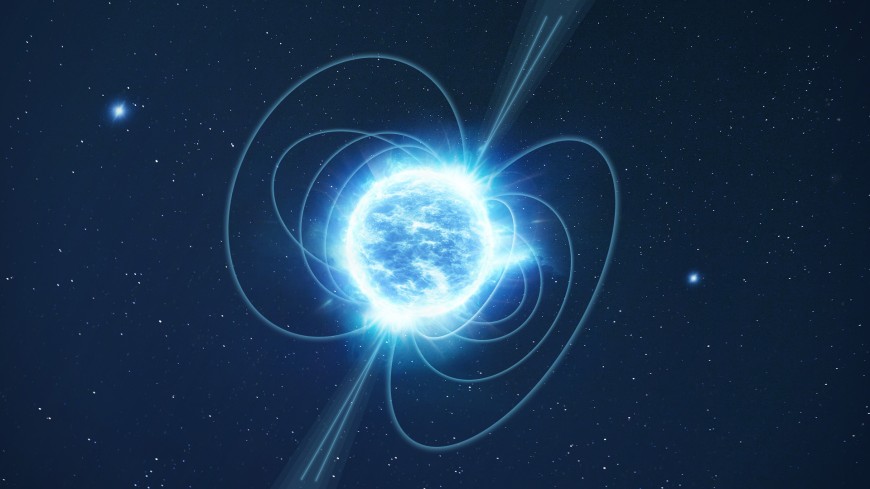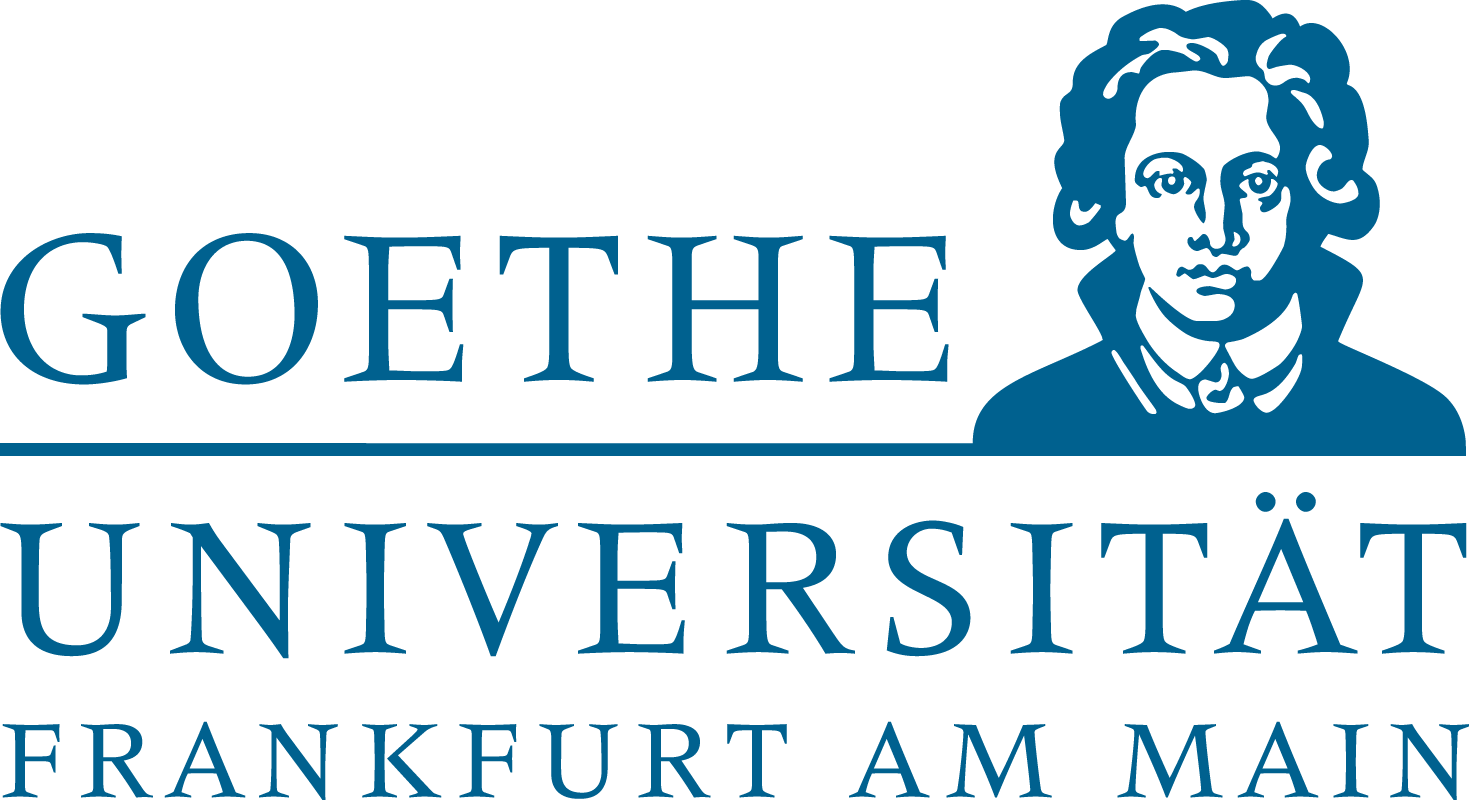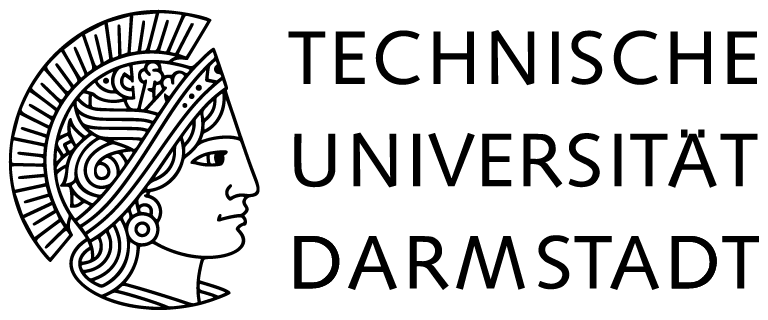ELEMENTS Principal Investigator Hannah Elfner was recently appointed as Senior Fellow at the Frankfurt Institute for Advanced Studies (FIAS) – just in time for her 40th birthday. She is the first woman to make it into this highest category at the theoretical research institute – comparable to a W3 professorship at the university. “We appoint experienced and outstanding researchers with – and Hannah Elfner is absolutely one of them, as now the youngest member,” says FIAS Director Eckhard Elsen. The Senior Fellows, currently twelve in number, form the FIAS Faculty, advise the independent research institute, lead the research groups, and appoint the Fellows.
Elfner’s previous round birthday already brought her a well-deserved promotion: At 30, she was named one of Germany’s youngest female physics professors – still an exception, at least in theoretical physics. “I am fascinated by how the smallest building blocks of our world work – that is what I want to understand,” says Elfner. She is working on a state of matter that existed in the early universe only microseconds after the Big Bang. “Afterwards, the smallest and free components of matter, the quark-gluon plasma, transformed into today’s building blocks of matter, the protons and neutrons”. This can be simulated in energy-intensive particle accelerators by accelerating atomic nuclei made of lead or gold to almost the speed of light, so that when they collide with each other, temperatures and densities are created that existed shortly after the Big Bang. Elfner describes these processes in mathematical models: She calculates the temporal development of the microscopic heavy ion collisions and compares various assumptions for the properties of matter with experimental data.
Currently, 16 scientists in her group are conducting research in seven national and international collaborations. In our cluster, for example, they are trying to understand how the properties of matter at high densities can be determined from heavy ion collisions in order to elucidate the astrophysical processes involved in the fusion of neutron stars.
Regular activities and excursions keep the team together. Elfner is very committed to young scientists; despite her young age, she has already successfully guided almost 40 young scientists to their scientific degrees. In addition to educating students and doctoral candidates, she regularly gives the public an insight into her research in lectures and at events – in the process, she demonstrates how successful women can be in physics.
Elfner has been awarded several prestigious prizes for her scientific achievements, being nominated as “Scientist of the Year” by the Alfons and Gertrud Kassel Foundation recently and awarded with the Heinz Maier Leibnitz Prize of the German Research Foundation (DFG) in 2016.
FIAS has now underlined her exceptional performance and high level of commitment by appointing her a Senior Fellow. The Stiftungsrat (Board of Trustees) unanimously appointed her to the ranks of the FIAS Faculty. “I am delighted about the appointment,” says the Frankfurt native – “and that I can continue to contribute to FIAS and its shaping”. FIAS Director Elsen adds: “With this appointment, the theoretical description of the interaction of nuclear matter will continue to be competently and prominently represented at FIAS in the future”.
The exploration of the world in miniature will not let go of Hannah Elfner in the future: “A better understanding of the transition from protons/neutrons to the quark-gluon plasma at high densities would be great”.

